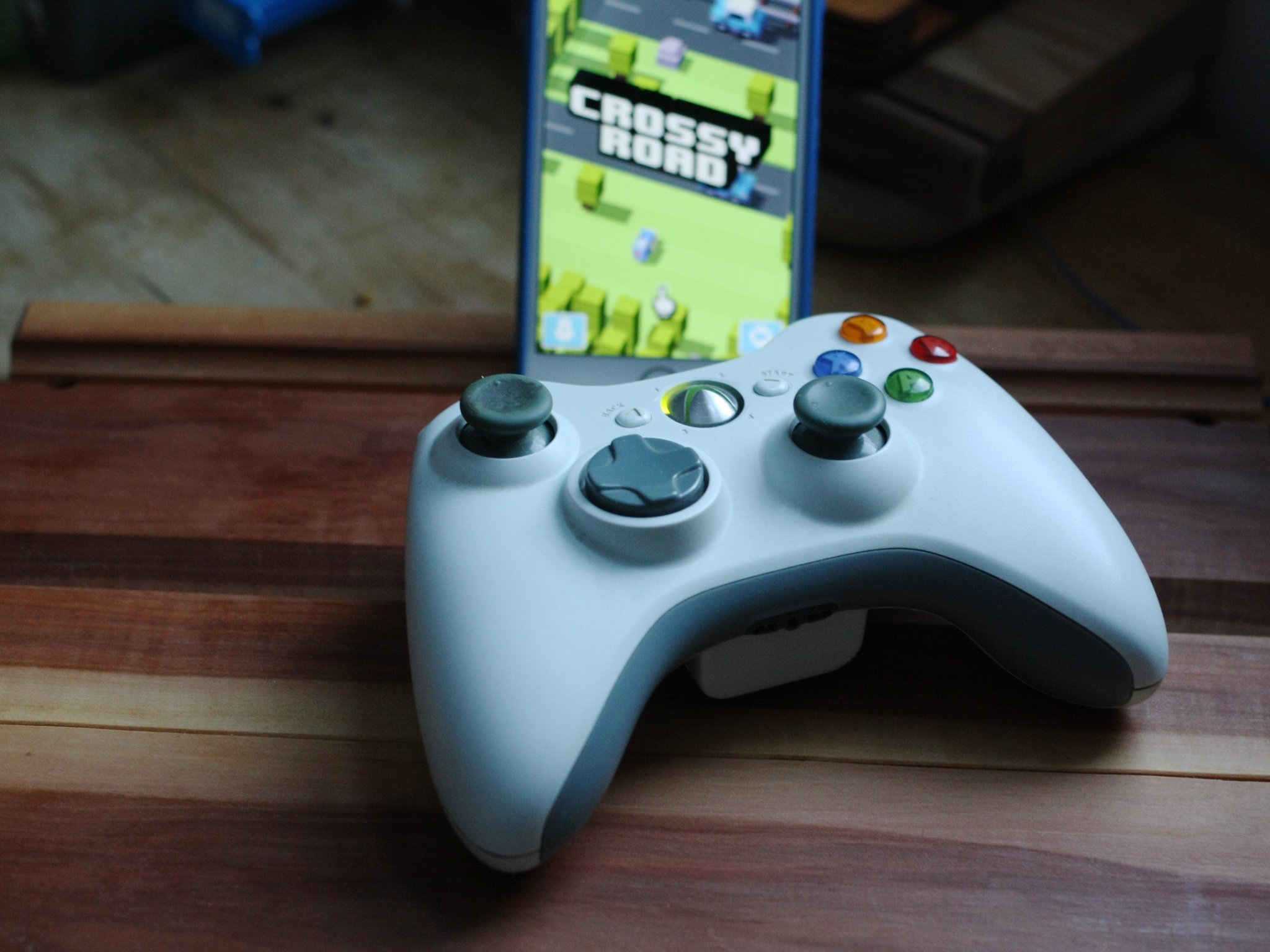A salute to iOS gamers, or how to stop intimidating your non-gamer friends

Ed: Welcome to iMore's author spotlight column, The Network. Every Friday, we'll be bringing you the perspective and charm of the best and brightest minds in the Apple and tech community. This week: Games journalist and podcaster Maddy Myers.
While walking home the other day with a well-read friend of mine who doesn't identify as a "gamer" — but has an Angry Birds history on his iPhone that would argue otherwise — I brought up BioShock: Infinite. I had assumed, given my friend's interest in activism and politics, that he'd be interested in hearing about the game's attempts at social critique, however ham-fisted. We never got that far.
"What do you mean, it has a sad ending?" he interrupted. "Do you mean you lost?"
"No, no – I beat it," I said. "Everybody gets the same ending."
"That's impossible!" he sputtered. "You should try it again, just in case!"
I walked in a lot of conversational circles as I explained that actually the game was meant to be a very serious narrative experience, and that many games of this type often only give you one ending. Call of Duty games only have one ending, I told him, and everybody sees the same cut-scenes. Same goes for The Last Of Us, and all the Halo games ...
"But when I play Tetris, it's different every time," he said. "If everybody gets the same ending, how is that even a game? Maybe you're supposed to look up a cheat code? I mean... I don't know, I'm not a gamer."
Master your iPhone in minutes
iMore offers spot-on advice and guidance from our team of experts, with decades of Apple device experience to lean on. Learn more with iMore!
It's hard to say which of us is a really a "gamer" when neither of us would agree on what is or isn't a "game," though, right?
I jest, but that exact argument has dominated my insular games industry world for years now. Videogame academics debate the definition of game-hood, game critics wax poetic about "gamer identity," and game developers try to innovate upon their art while still hoping to appeal to the diverse expectations of "gamers" and "non-gamers" alike. But most "non-gamers" I know play plenty of games: They just don't identify under that "gamer" label, and as such, often get shut out of the "hardcore" gaming space whether they want to be or not.
There are some technical and financial barriers to entry in the world of digital console games, but most of the barriers that I see for "non-gamers" are psychological. I very often hear friends say, "I'm not a gamer" right before listing off the reams of games they have played. I could blame their behavior on some faceless "gamer culture," and say that videogame marketing has created a stereotype of gamers that doesn't fit reality ... but I think I deserve a little blame, too.
As I wrote this piece, I cringed to remember the dates I've gone on with people who struggled through co-op games with me, back when I thought that Gears of War mastery meant having the chops to be a great life partner (not true, by the way). I tried and failed to get my current significant other to play a single Halo campaign, and in shame I now recall my inability to mask my own frustration when he told me it wasn't ever going to be fun for him. I remember my mother begging me to watch her play the Doctor Who Google doodle: She thought I would have some idea of how to help her beat it faster because I'm a "gamer." I remember telling her that just because I'm a "gamer" doesn't mean I automatically excel at all games, and that she was actually doing a fantastic job, really. I meant it. She didn't believe me.
Our "non-gaming" friends are not stupid – but they have been led to believe that they are. Perhaps it was some frustrated friend who ripped the controller from their hands and said "just let me do it," or a game commercial packed with slang terms they didn't understand and people who didn't look like them, or a bevy of sarcastic forum-goers, or intimidating online multiplayer lobbies, or the sense that not being able to afford games as a kid meant that they'd never be able to "catch up" as an adult... or all of the above.
This story doesn't end with me overcoming my jerky "gamer" attitude and convincing my significant other to play Halo with me after all. Instead, it ends with us bonding over a game that we both didn't know how to play particularly well at first: Street Fighter. Neither of us has become a Street Fighter expert in the past year, but because we learned together, we've progressed at more or less the same rate. There's so much depth to Street Fighter that we'll probably never be done learning, and even at this point, I wouldn't classify either one of us as "good." But that's exactly why it's become a mainstay of our date nights: we're both equally bad. So, everybody wins – and loses. It's 50/50.
So if you really want to get your non-gaming friend into a game, choose one that you don't know anything about. Remember what it's like to feel vulnerable. Let them see you screw up. Look up a walk-through together. Show them how much of gaming is about trial and error and learning – and that learning doesn't take a lifetime. (Maybe just an hour or two.)
Contributor emeritus at iMore, currently writing about games, movies, and podcasts at The Mary Sue. Former assistant Games Editor at Paste Magazine. Host of Isometric. Keytarist/singer for the Robot Knights. Follow her on Twitter @samusclone

